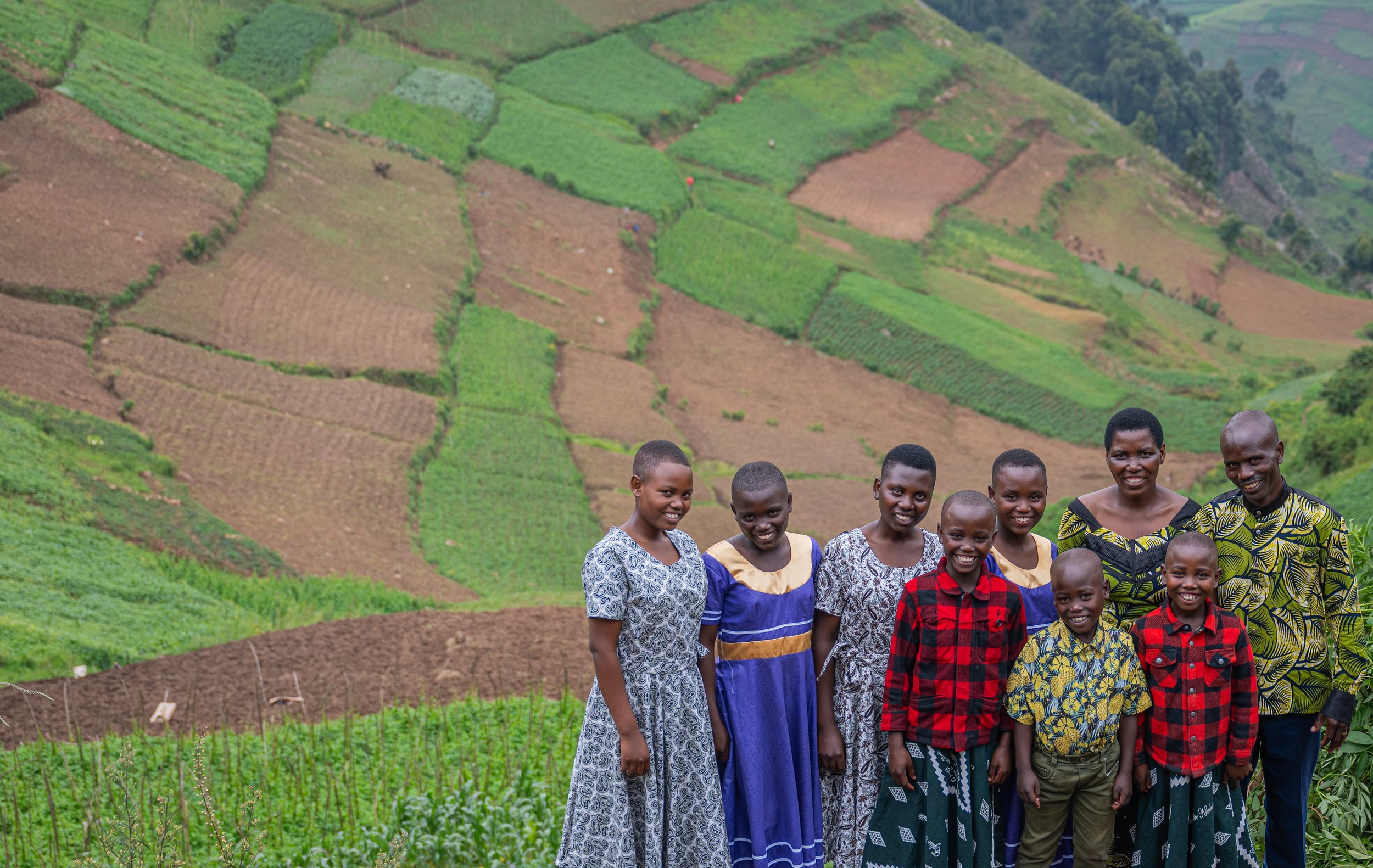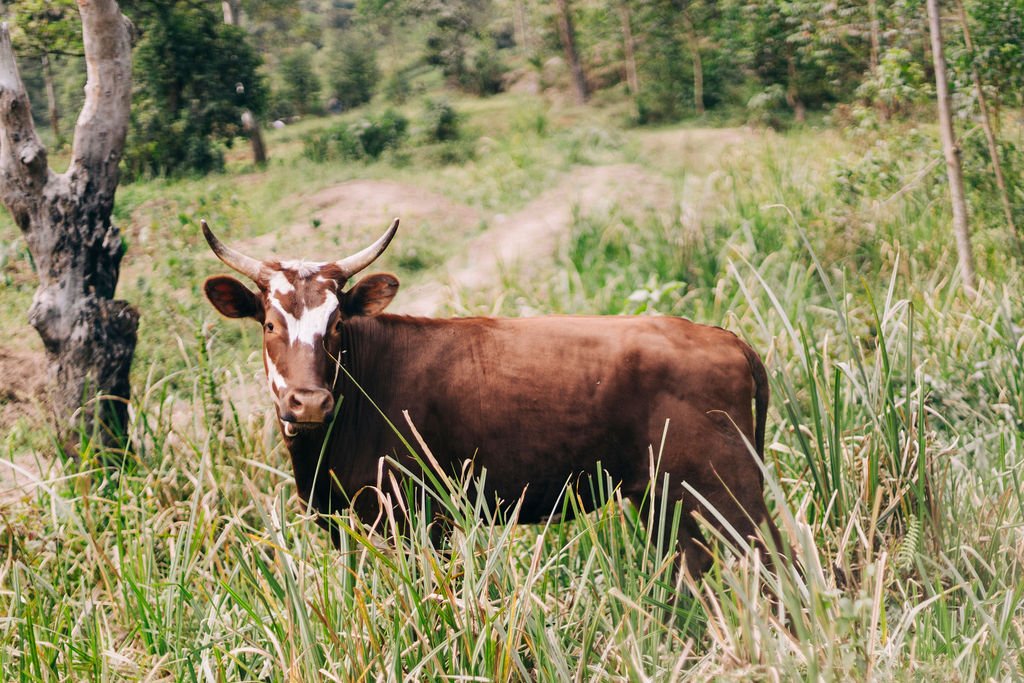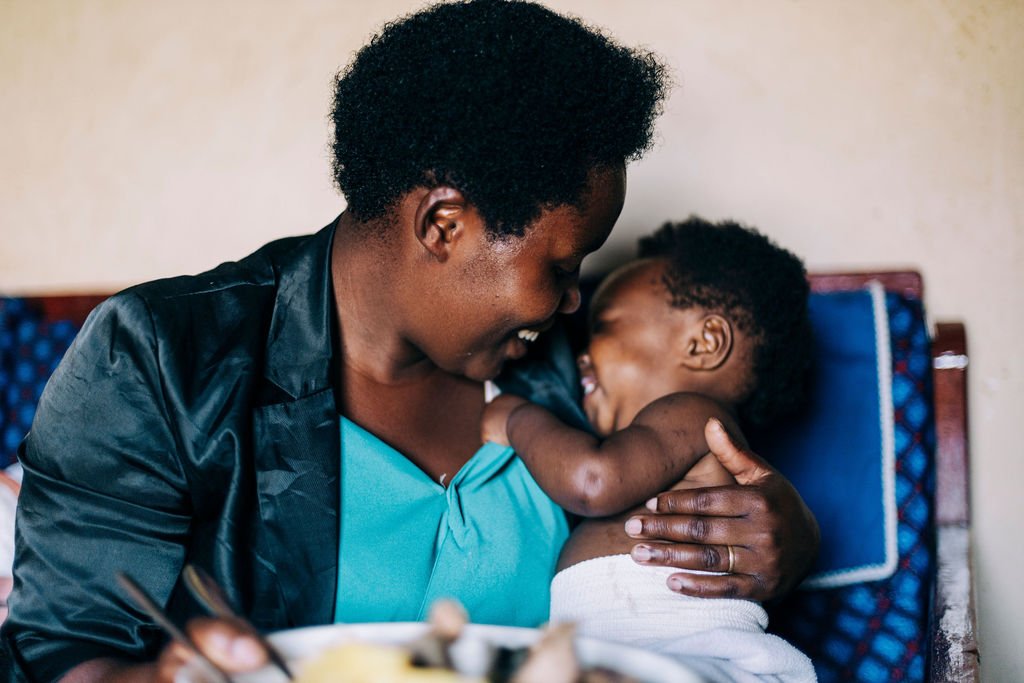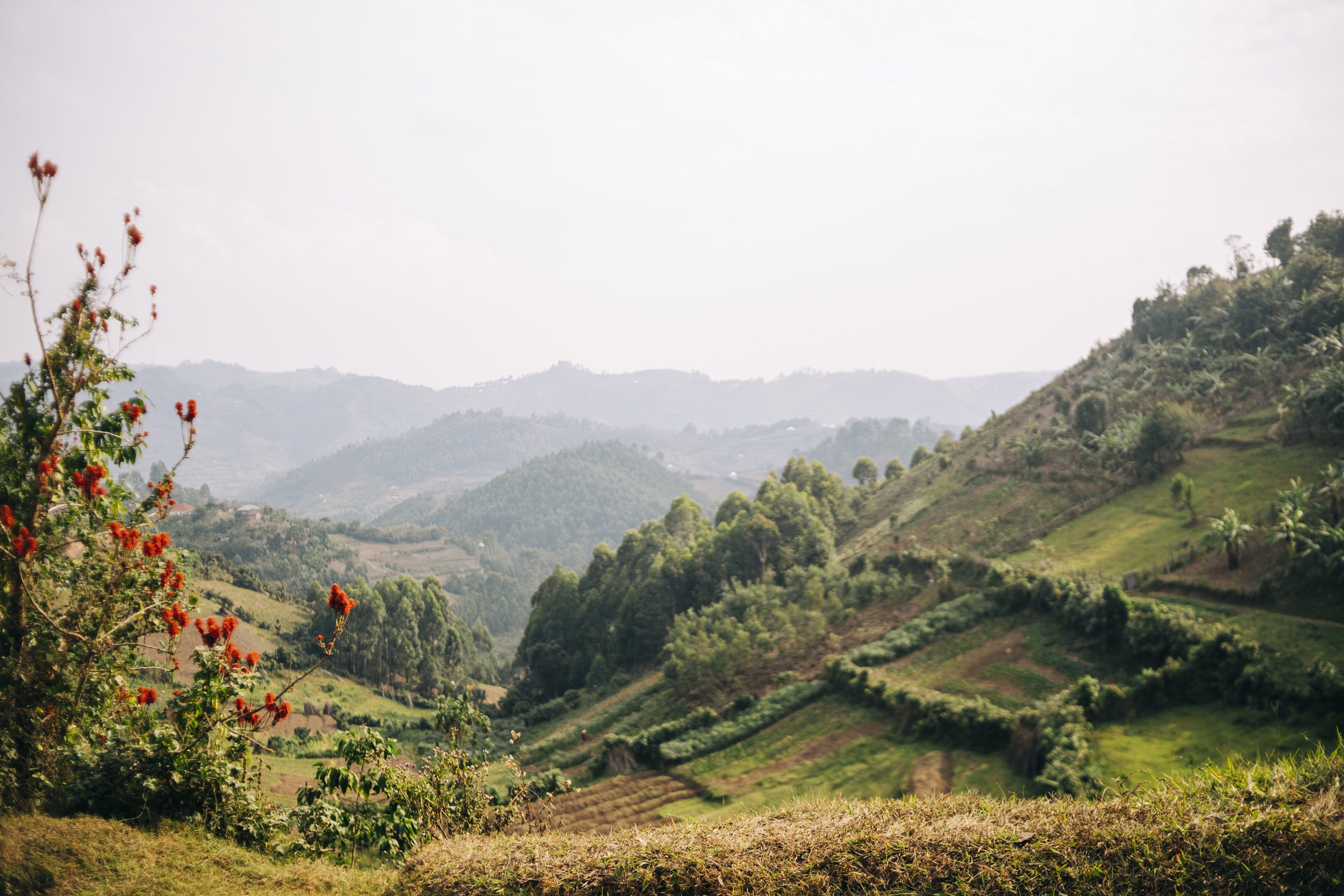
Empower a family.
Change a nation.
Together, we can empower healthy families that glorify God.
We believe that empowering families through the gospel of Jesus Christ is the remedy to social and economic challenges that prevent poorly developed countries from flourishing.
What we do.
-

Family Empowerment Program.
Our goal is to create healthy families that serve and love God. We do this by attending to five aspects of these families' lives: spiritual development, healthy Christian marriages, positive parenting and child development, physical health development, and personal finance and business development.
-

Economic Empowerment Program.
Upon completion of the Family Empowerment program, we help families create family income generating projects including: animal husbandry, crop production, tailoring and textiles, and general merchandise. Families establish these trades through Eden Mission’s Microfinance Program.
-

Maternal Outreach Program.
Because maternal death rates in Sub-Saharan Africa account for 69% of all maternal deaths per year worldwide. We provide pregnancy tests, check-ups, ultrasounds, clean birthing kits (“Mama Kits”), prenatal education and care, physical, emotional, and spiritual support fre of charge.
We seek to help families find joy, peace, love, and a more fruitful and fulfilling life through Jesus Christ.

Where we do it.
-
While having the natural and human resources to be one of the richest countries on earth, it instead has the lowest per capita GDP in the world. The eastern part of the country is especially plagued by instability, as militias continue to wreak havoc on the population. The conflict is notorious for serious violations of human rights, forcing children to become soldiers, and horrific violence against women and children who are raped and many young girls forcibly married before the age of 18. Life expectancy in the DRC is 46 years, with many children dying before the age of 5 from preventable diseases like malaria, pneumonia and diarrhea.
-
Located in East Africa along the equator. Uganda is bordered on the west by the Congo, on the north by Sudan, on the south by Rwanda and Tanzania, and on the east by Kenya. With a past history of political instability by various rebel groups, it is currently politically stable with an economy growing steadily. However, 28% of Ugandan families, majority being in the rural areas, are still poor. These families still struggle with unemployment, poor education, poor infrastructure, access to land, high population growth, poor health care and majority can’t access long-term finance capital with lower interest rate. The maternal death rate is about 368 and majorly in the hilly rural areas with poor infrastructure and poor health systems.
-
Coming from the past history of political instability and the menace of conflict that sparked an ethnic clash and the 1994 genocide, Rwanda a small country in East Africa is still struggling to come to terms with the consequences. There have been a few strides in economic growth and poverty reduction, however families still face significant challenges. Even with the quick urbanization, about three quarters of the population live in rural areas. Poverty remains prevalent, with 39 per cent of the population living below the poverty line and 16 per cent living in extreme poverty. Families are greatly affected by poverty, experiencing multiple deprivations of their basic needs and many children are raised in poor and vulnerable conditions. 50 percent of children and young people experience physical, sexual or emotional violence before age 18. With the divorce rate on the rise. families are being effected. Poverty, harsh child discipline, domestic violence, and the increased rate of divorce are a threat to the family which is the natural foundation of any society.
-
Burundi faces complex challenges across its political, social, and economic spheres. Politically, it grapples with ethnic tensions and a history of violence, hindering stability and democratic progress. Socially, deep-rooted poverty, limited access to education, healthcare, and basic services exacerbate inequality and social unrest. Economically, reliance on agriculture exposes vulnerability to climate change, while corruption and insufficient infrastructure impede growth. Ethnic divisions, poverty, and governance issues intertwine, fueling cycles of instability. Addressing these challenges requires inclusive governance, socioeconomic development, and reconciliation efforts to foster stability, prosperity, and social cohesion in Burundi.
Future areas include:
South Sudan and Tanzania
“Be doers of the word, and not hearers only, deceiving yourselves…A doer who acts, he will be blessed in his doing.”
-James 1:22-25

